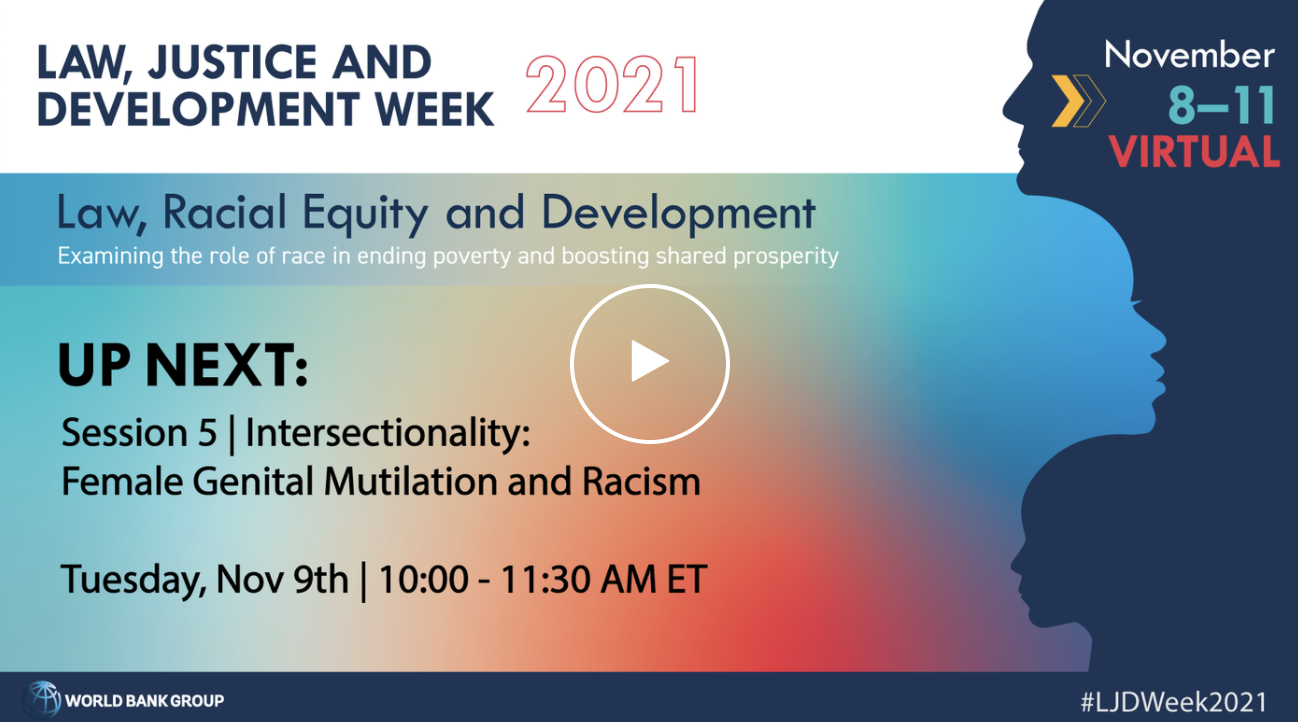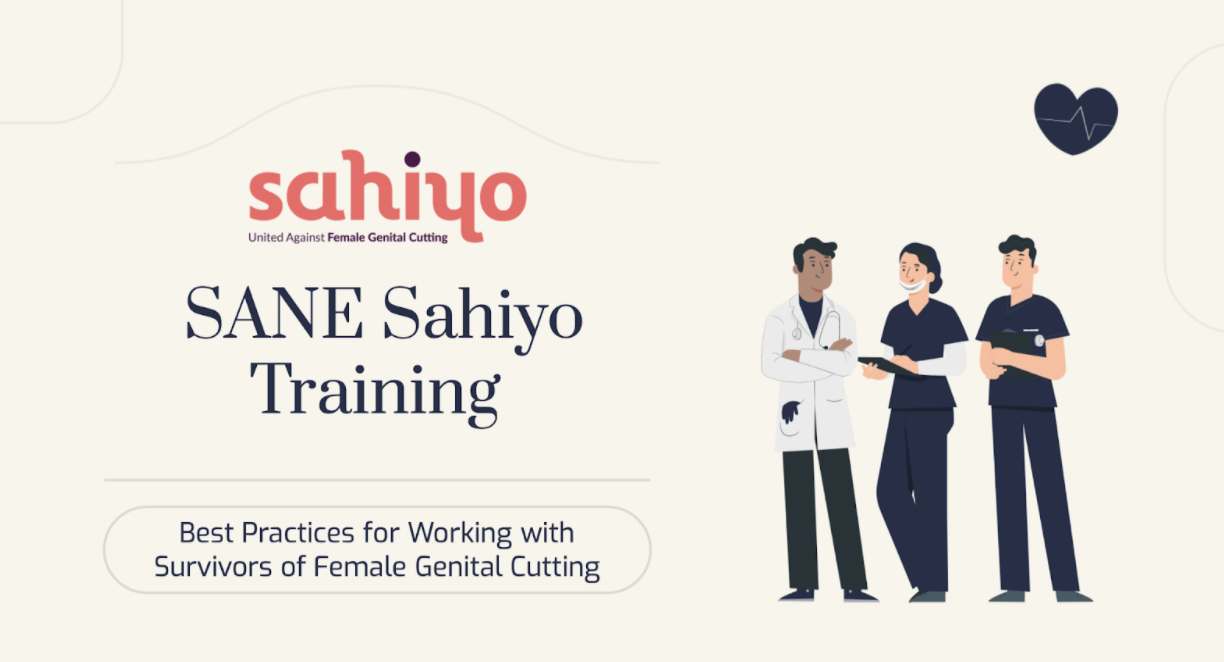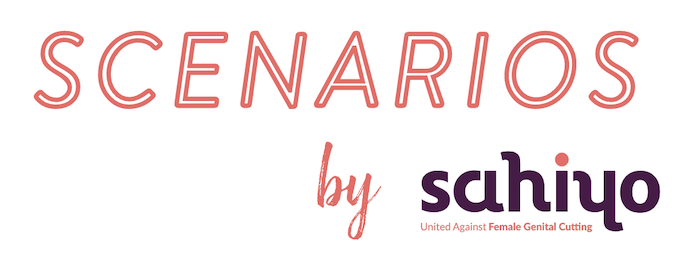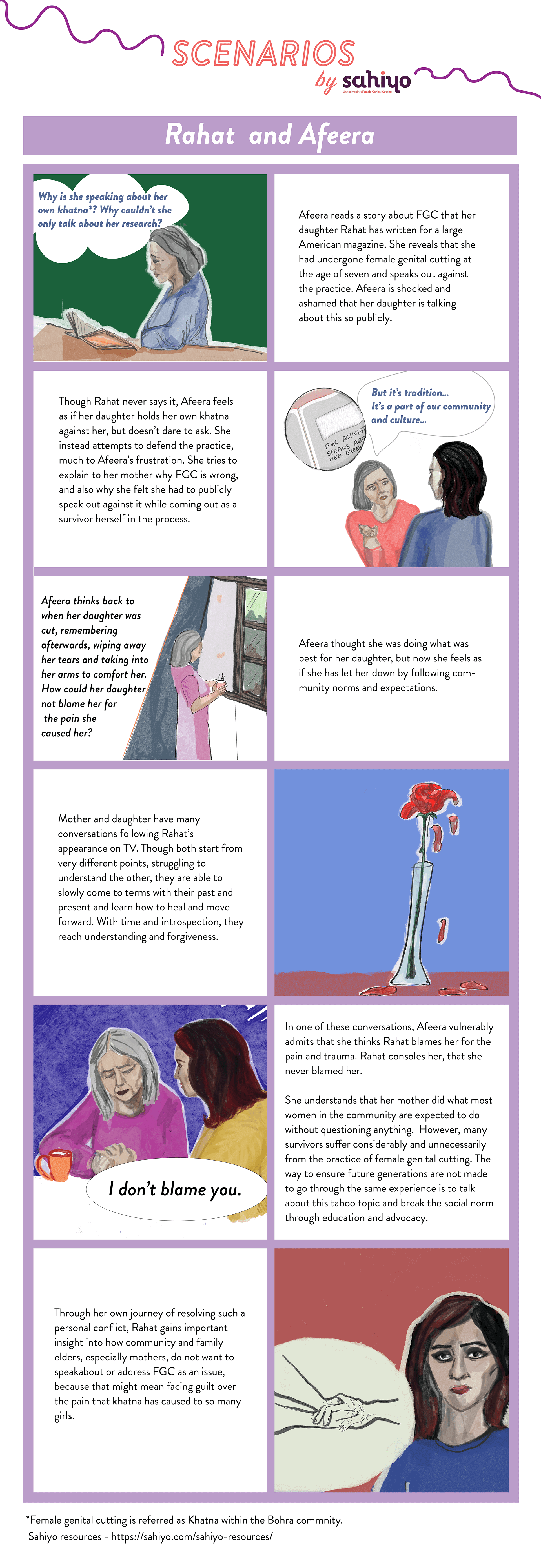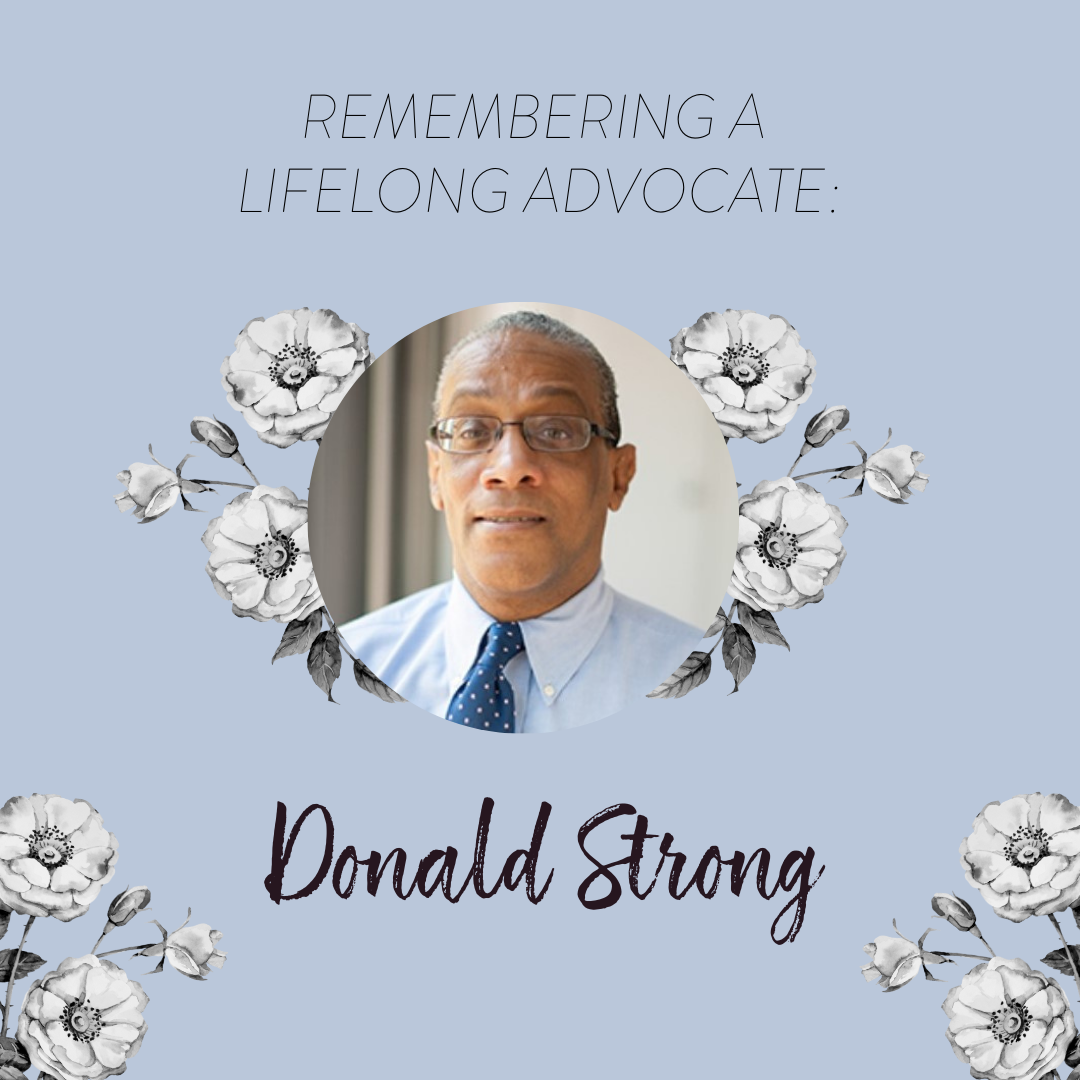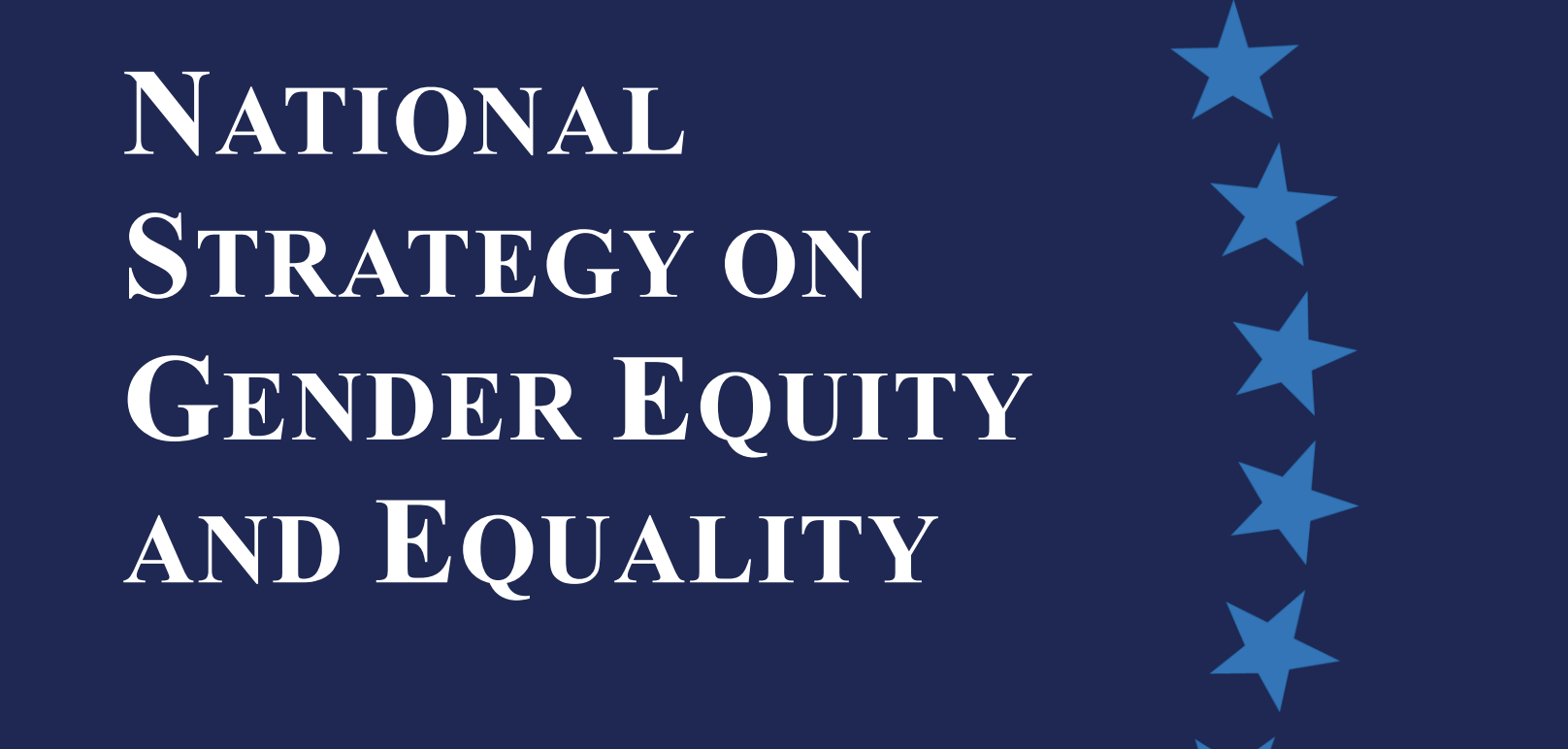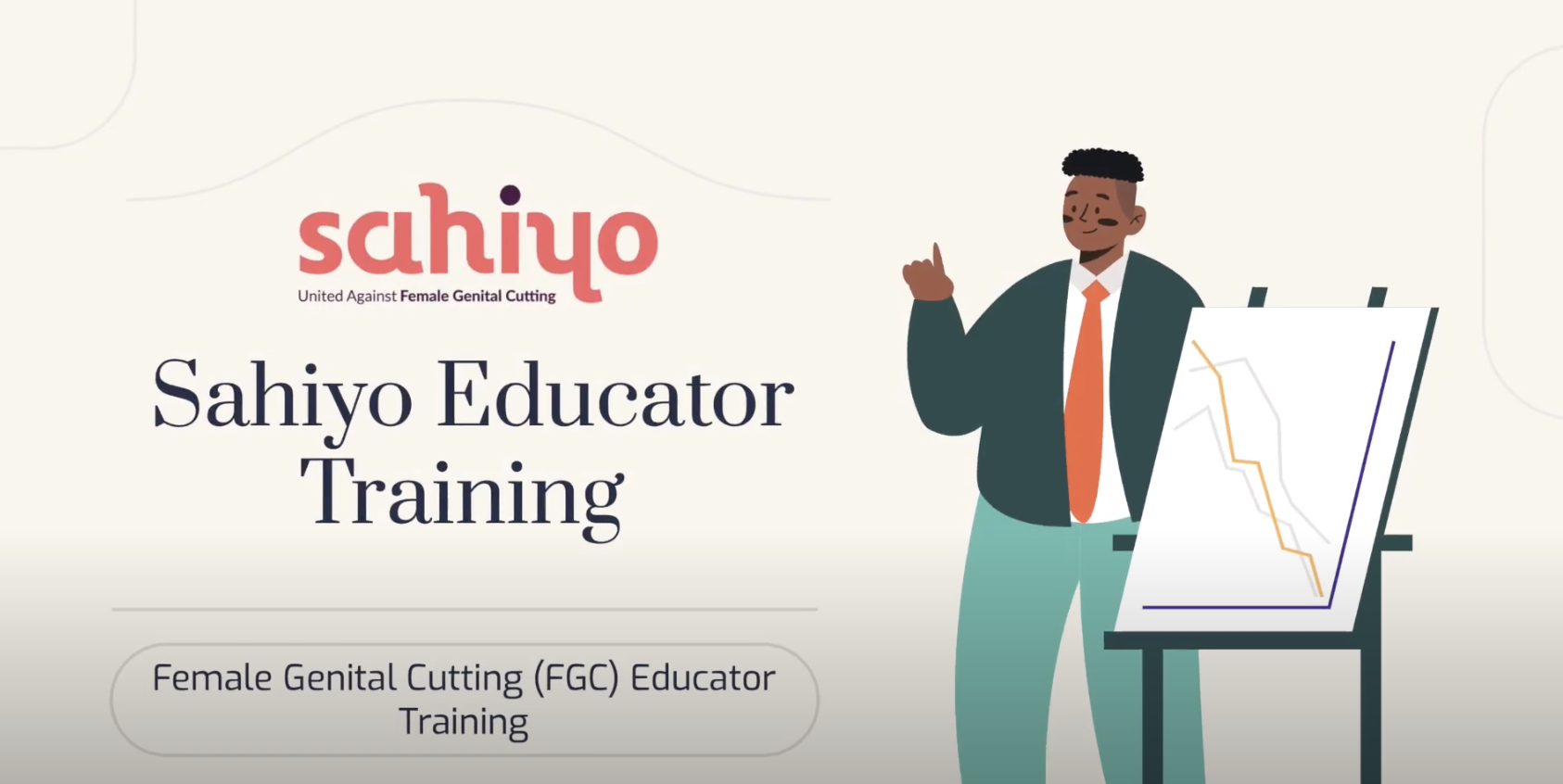By: Cate Cox
In the fall of my junior year at university, I decided to take a course called “Human Rights and Global Literature.” In this class, we explored diverse kinds of literature that called into question different conceptions of human rights, including works by Yvonne Adhiambo Owuor, Tadeusz Borowski, Vaddey Ratner, Farnoosh Moshiri, and Eka Kurniawan. When the professor announced that our final project was to create a Zine that explored a human rights issue important to us, I immediately knew what I wanted to do.
According to the World Health Organization, female genital cutting (FGC) is a human rights violation and a severe form of violence against women and girls. After nearly two years of working with Sahiyo, I wanted my Zine to focus on FGC. A complex human rights issue that is often forgotten about in the United States, I hoped to create a Zine that would help raise awareness about FGC in America, and highlight the global prevalence of this form of gender-based violence.
I decided to title my Zine Who? to reflect the many misconceptions that affect who we think FGC occurs to. I wanted to dismiss some of the misconceptions around FGC that assert it is only practiced in certain communities and in certain places. Given that my audience would mainly be my fellow classmates, I particularly wanted to focus on the prevalence of FGC in the United States. I included statistics such as the CDC estimate of women and girls affected by FGC in the U.S., and the many legislative delays in outlawing the practice.
The hardest part of creating this Zine was deciding on what images I wanted to draw to accompany my writing. While working at Sahiyo, I have become increasingly aware of the ways in which violent and graphic imagery about FGC can re-traumatize survivors and stigmatize communities. Before I began to draw, I sat down with the Sahiyo Media Guide on Reporting on FGC; this was extremely helpful for thinking through the kinds of images I could draw to represent the harm FGC causes in a way that was also ethical and respectful to survivors' experiences.
After many edits and scrapped designs exploring the harms of FGC and who it occurs to, I still wasn't quite satisfied. I explored the many consequences of FGC, and realized that I didn’t only want my Zine to highlight the harms of FGC. I wanted to provide my audience with ways to get involved in the world to end FGC and motivate people to become involved in the issue. I decided to end my Zine with a reminder that, while it may seem difficult, ending FGC is possible if we are all involved.
The process of creating this Zine was a very enlightening experience that allowed me to think through both ethical reporting on this issue, as well as how to motivate people to become involved in the crucial work to end female genital cutting.


